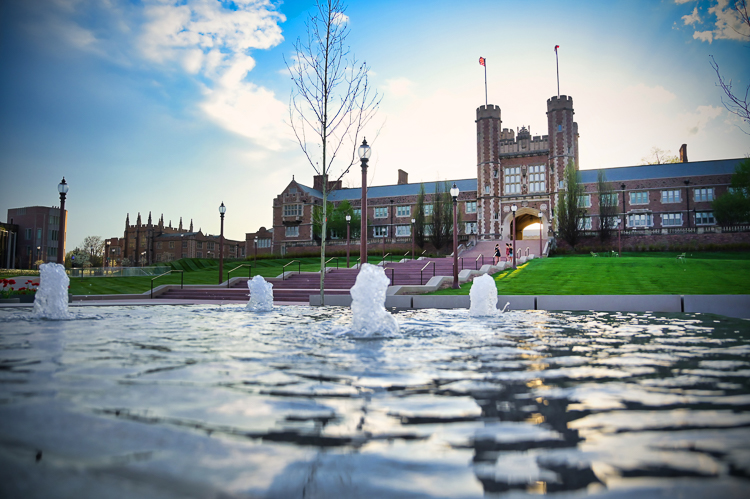The Board of Trustees performs much of its work through its standing committees that can engage deeply in topics of importance to the university. The Board Chair appoints the members of all trustee committees.
Current Committees
The Executive Committee is composed of the Chair, the Vice Chairs, the Chancellor and at least six voting members of the Board of Trustees and is responsible for acting on behalf of the Board in the interval between meetings of the Board.
The Academic Affairs Committee reviews and recommends program and personnel policies integral to fulfilling the academic mission of the University and concerns itself with all matters pertaining to the academic and research areas of the University.
The Audit, Risk and Compliance Committee of the Board of Trustees is responsible for oversight of the quality and integrity of the university’s accounting, auditing, external financial reporting, insurance and legal and regulatory compliance practices.
The Compensation Committee oversees compensation decisions and benefit programs, and policies and practices applicable thereto, for employees of the University at all levels, including the Chancellor and other officers.
The External Engagement Committee monitors and advises on issues related to the University’s external relations. These include the University’s engagement with governmental and legislative matters at the local, state, and federal levels, regional issues and developments in the St. Louis area, and the University’s practices and policies with regard to public relations, both social and traditional media, and the public perception of the University at large.
The Facilities and Campus Planning Committee oversees campus grounds and buildings as well as the University’s purchase, sale, exchange and leasing of real estate and leasing of personal property, and the formulation of policy surrounding these transactions.
The Finance Committee provides financial oversight for the entire university budget and financial obligations at the institutional level. The committee reviews and evaluates budget activity of the Danforth Campus units: the Danforth Campus schools, the Central Fiscal Unit, and Auxiliary Enterprises.
The Medical Affairs Committee reviews the operational and financial performance of the Medical School, reviews and approves the strategic direction and plans of the Medical School, and oversees the relationship between the Medical School and BJC.
The Nominating & Governance Committee oversees selection, orientation, motivation and committee assignment of the members of the Board of Trustees in a manner that will ensure the continued strength and effectiveness of the University’s governing Board. Emphasis to be placed on diversity in long-term recruitment.
The Student Experience Committee ensures that the student experience is assessed and its quality is preserved and enhanced such that it continues to be a strength of the University, as measured by faculty, administrators and students. The Committee is responsible for informing itself on the undergraduate and graduate experience by learning about student activities and hearing from students involved in a wide variety of activities, organizations, research, and pursuits.
Subcommittees and ad hoc task forces
As an element of our effort to enable effective and focused trustee engagement on emerging issues of urgency, the board utilizes ad hoc committees and task forces to address an opportunity of importance or special project and have immediate impact.
The Chair of the Board may appoint additional limited duration ad hoc committees or task forces to leverage trustee expertise on strategic issues.
Student participation on board committees
Student Representatives to the Board may, with approval of the committee chair, attend certain meetings of standing committees of the Board as non-voting participants.
